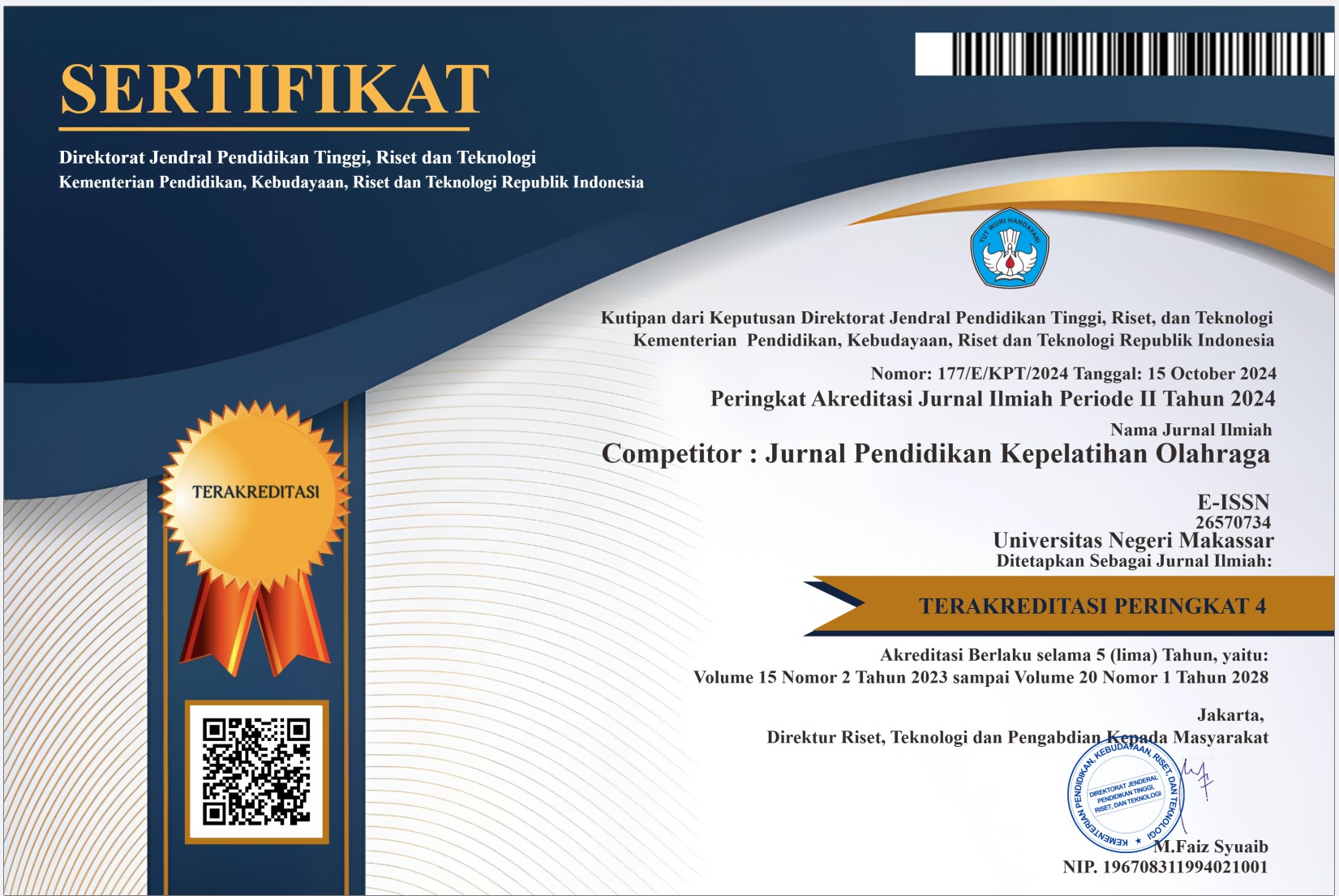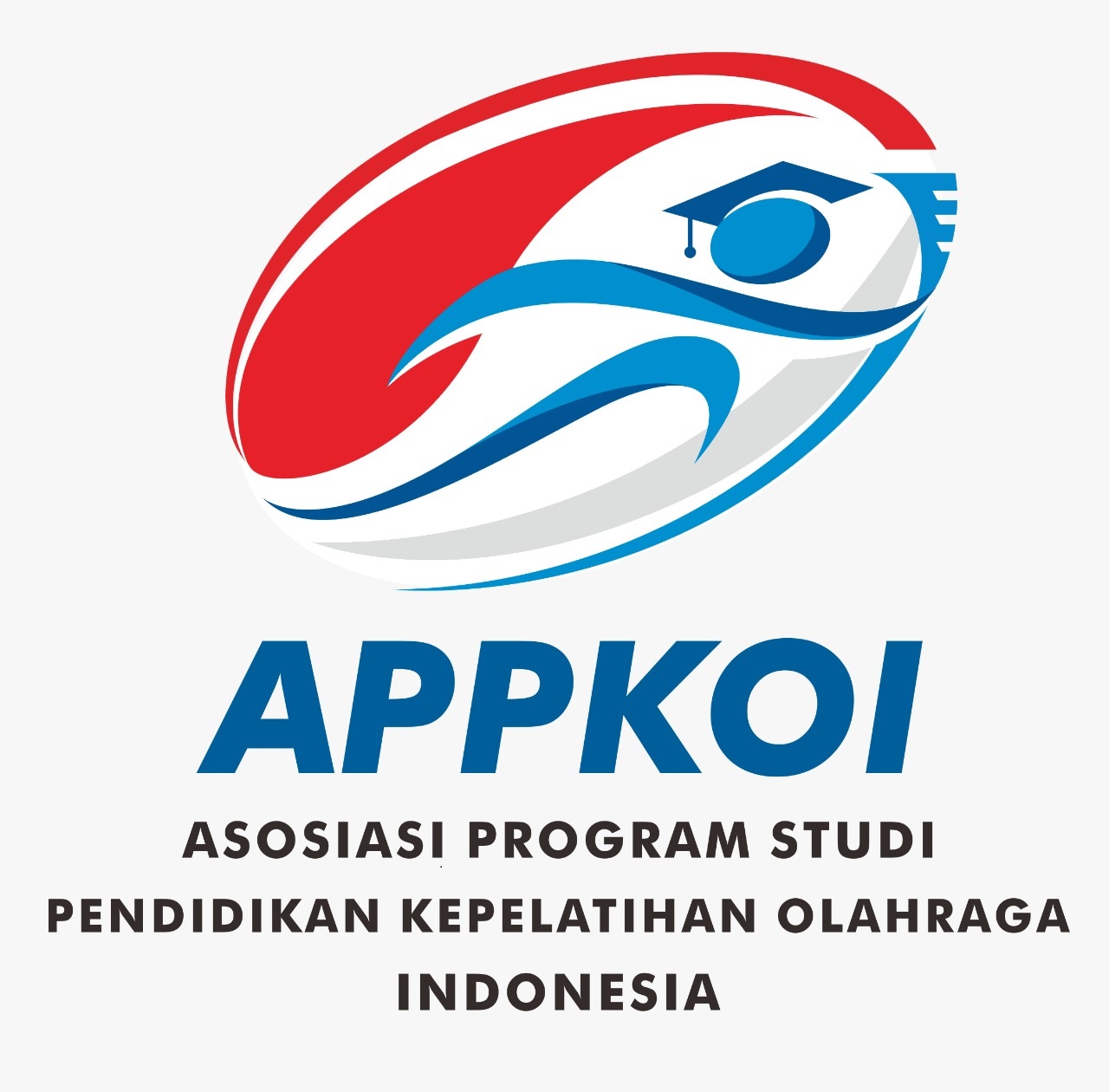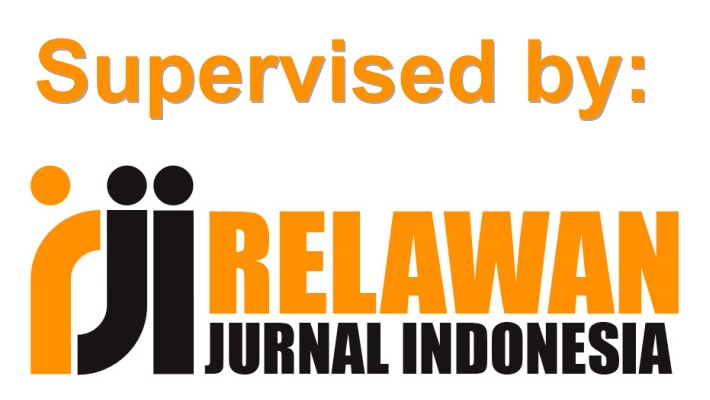Knowledge and Application of Mental Skills among First-Year Sports Coaching Education Students: A Cross-Sectional Survey at Universitas Negeri Makassar
DOI:
https://doi.org/10.26858/cjpko.v17i1.72042Keywords:
Mental Skills Training, Sports Coaching Education, Athlete Psychology, Performance Anxiety, Sports Psychology DisseminationAbstract
This study aims to explore the extent of mental skills exposure and understanding among first-year students enrolled in a Sports Coaching Education program, the majority of whom are athletes representing various regions in South Sulawesi. A descriptive research method with a cross-sectional survey design was used. The population consisted of 195 new students, with 171 valid responses obtained through an online questionnaire comprising both closed and open-ended questions. The data were analyzed using descriptive techniques and qualitative interpretation of open responses. Results show that while the students come from diverse sports backgrounds and levels of competitive experience, only a minority have received structured mental skills training. Most psychological guidance came informally from coaches, and upon further analysis, it was revealed that such guidance often involved physically intensive or disciplinary measures rather than scientifically grounded psychological techniques. Furthermore, a significant majority of the participants reported experiencing performance anxiety, loss of motivation, and diminished self-confidence before competitions, yet lacked the tools to manage these psychological challenges effectively. This study underscores the importance of introducing structured mental skills training early in athletes’ careers and integrating sport psychology into coaching education programs. By doing so, future coaches will be better equipped to foster both performance and psychological well-being in athletes under their guidanceReferences
Birrer, D., Röthlin, P., & Morgan, G. (2012). Mindfulness to Enhance Athletic Performance: Theoretical Considerations and Possible Impact Mechanisms. In Mindfulness (Vol. 3, Issue 3, pp. 235–246). https://doi.org/10.1007/s12671-012-0109-2
Burton, D., & Raedeke, T. D. (2008). Sport psychology for coaches (T. Amy, Ed.; 1st ed.). Human Kinetics.
Di Corrado, D., Guarnera, M., Guerrera, C. S., Maldonato, N. M., Di Nuovo, S., Castellano, S., & Coco, M. (2020). Mental Imagery Skills in Competitive Young Athletes and Non-athletes. Frontiers in Psychology, 11. https://doi.org/10.3389/fpsyg.2020.00633
Hamid, M. W. (2023). PERBANDINGAN EFEKTIFITAS ANTARA MOTIVATIONAL SELF-TALK DAN INSTRUCTIONAL SELF-TALK TERHADAP AKURASI FREE THROW SHOOT ATLET BASKET FIKK UNM.
Hamid, M. W. (2024). Peran Motivasional Self-Talk pada Mahasiswa-Atlet yang Mengalami Kecemasan Pra-Pertandingan. Jurnal Penelitian Psikologi, 15(1), 46–51. https://doi.org/10.29080/jpp.v15i1.1210
Hamid, M. W., Nawir, N., Rhesa, M., & Sutriawan, A. (2023). Hubungan antara Self-talk dengan Kemampuan Regulasi Emosi pada Mahasiswa-Atlet FIKK UNM. SPORTIVE: Journal of Physical Education, Sport and Recreation, 7(1), 50–59.
HARDY, J., HALL, C. R., & HARDY, L. E. W. (2004). A Note on Athletes’ Use of Self-Talk. Journal of Applied Sport Psychology, 16(3), 251–257. https://doi.org/10.1080/10413200490498357
Jones, G. (1995). More than just a game: Research developments and issues in competitive anxiety in sport. British Journal of Psychology, 86(4), 449–478. https://doi.org/10.1111/j.2044-8295.1995.tb02565.x
Klein, H. J., Wesson, M. J., Hollenbeck, J. R., & Alge, B. J. (1999). Goal commitment and the goal-setting process: Conceptual clarification and empirical synthesis. Journal of Applied Psychology, 84(6), 885–896. https://doi.org/10.1037/0021-9010.84.6.885
Krejcie, R. V, & Morgan, D. W. (1970). Determining Sample Size for Research Activities. Educational and Psychological Measurement, 30(3), 607–610. https://doi.org/10.1177/001316447003000308
Locke, E. A., & Latham, G. P. (2002). Building a practically useful theory of goal setting and task motivation: A 35-year odyssey. American Psychologist, 57(9), 705–717. https://doi.org/10.1037/0003-066X.57.9.705
Neuper, C., Scherer, R., Reiner, M., & Pfurtscheller, G. (2006). Imagery of motor actions: Differential effects of kinesthetic and visual-motor mode of imagery in single-trial EEG. Brain Research. Cognitive Brain Research, 25, 668–677. https://doi.org/10.1016/j.cogbrainres.2005.08.014
Thelwell, R. C., Greenlees, I. A., & Weston, N. J. V. (2006). Using psychological skills training to develop soccer performance. Journal of Applied Sport Psychology, 18(3), 254–270. https://doi.org/10.1080/10413200600830323
Tod, D., Hardy, J., & Oliver, E. (2011). Effects of Self-Talk: A Systematic Review. Journal of Sport and Exercise Psychology, 33(5), 666–687. https://doi.org/10.1123/jsep.33.5.666
Van Raalte, J. L., Vincent, A., & Brewer, B. W. (2016). Self-talk: Review and sport-specific model. In Psychology of Sport and Exercise (Vol. 22, pp. 139–148). Elsevier Ltd. https://doi.org/10.1016/j.psychsport.2015.08.004
Vealey. Robin S. (2007). HANDBOOK OF SPORT PSYCHOLOGY (G. TENENBAUM & R. C. EKLUND, Eds.; 03 ed., pp. 287–309). John Wiley & Sons, Inc.
Weinberg, R. S. (Robert S., & Gould, D. (2019). Foundations of sport and exercise psychology (7th ed.). Human Kinetics.
Zhang, L.-W., Ma, Q.-W., Orlick, T., & Zitzelsberger, Louise. (1992). The Effect of Mental-Imagery Training on Performance Enhancement with 7-10-Year-Old Children. Sport Psychologist, 6, 230–241. https://api.semanticscholar.org/CorpusID:145262508
Downloads
Published
Issue
Section
License
Copyright (c) 2025 Muflih Wahid Hamid (Author)

This work is licensed under a Creative Commons Attribution 4.0 International License.



















